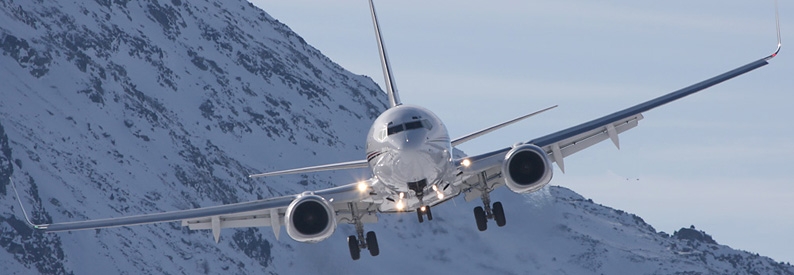Malaysia Airlines (MH, Kuala Lumpur International) has issued a Request For Information (RFI) from aircraft manufacturers over its widebody aircraft needs as it gears up for long-haul growth later this year.
Group CEO Izham Ismail told the Bernama news agency that Malaysia Airlines hopes to then issue a Request For Proposals (RFP) for new aircraft in time to place an order by the middle of this year.
"We have issued a RFI recently, but we have not decided on the aircraft type yet. We are looking for new generation widebody aircraft," he said. "The aircraft manufacturers are now working with our team to understand what our future network needs are. We are now in RFI mode going to RFP mode soon."
Malaysia Airlines currently operates fifteen A330-300s, three A350-900s, and six A380-800s. Immediate widebody growth will come from six ex-Air Berlin (1991) (Berlin Tegel) A330-200s that will be inducted from this year onwards through to 2023. They will collectively replace six B737-800s which are coming off lease. In terms of narrowbodies, it operates fifty B737-800s.
As such, the CEO said Malaysia Airlines needs 30 additional new aircraft and replacements over the next decade and will, by 2028, have over 120 aircraft in its fleet split 60/40 between narrow- and wide-body aircraft.
Given its recent restructuring plan, Malaysia Airlines has had to curtail its long-haul network which, at present, consisting only of Jeddah International in Saudi Arabia, London Heathrow in the United Kingdom, as well as Auckland International in New Zealand. Ismail said he would consider resuming services to Los Angeles International (closed in 2014) and Paris CDG (closed in 2016) only once Malaysia Airlines has returned to profitability with growth averaging "4-5%" per annum.
In terms of self-sustainability, Ismail said Malaysia Airlines is working towards breaking even by year-end. However, unlike his predecessor, Peter Bellew, his focus is on growing yields (Revenue Per Seat Kilometer - RASK) rather than loads.
“Our focus is on RASK – we want to make profit even if loads have to take a beating," he said.







